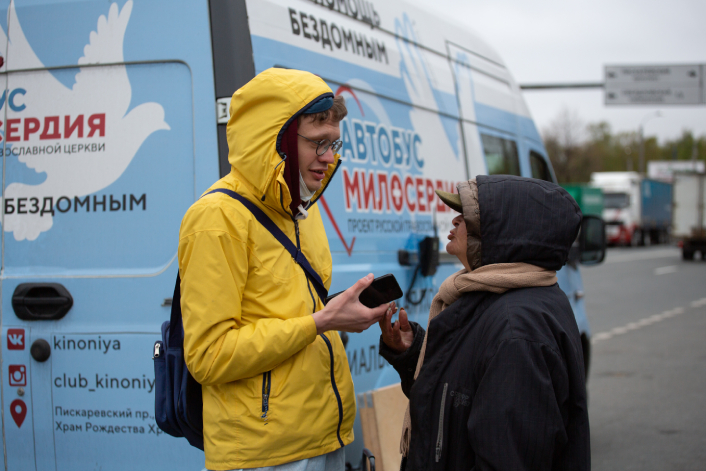
World Sight day is observed annually on the second Thursday of October, as a part of the global anti-blindness program. We believe that it’s important, especially on this day, to not only help homeless people with poor eyesight but also to see the humanity in each and every one of us. We are all human, after all, even if some of us are homeless.
There are approximately 50,000 homeless people in Saint Petersburg, but there are only 283 vacant places in government social shelters. Many people who end up on the streets have to live in abandoned houses, sleep on benches and in parks, and build tents just to save themselves from the weather. Desperate homeless people need your help and support, no matter how and why they ended up where they did.
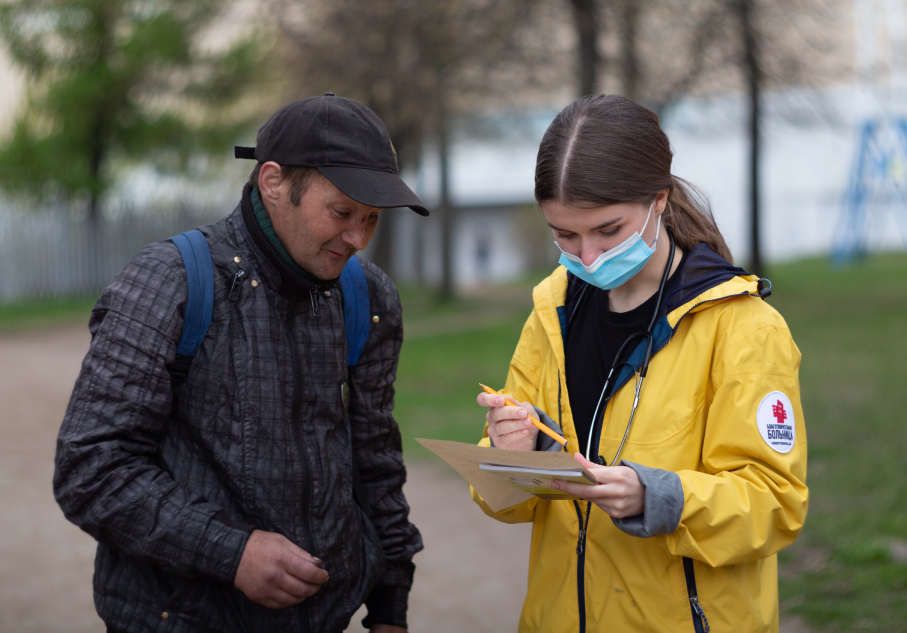
Imagine putting two white plastic bags over your head and trying to see through them. That’s how bad my eyesight was before the operation. My sight dropped rapidly: in 4 months I almost went blind. Doctors at the hospital, where I lived and worked part-time, told me that I had cataracts. But they couldn’t give me an operation, as for 20 years now I’ve been living without a valid ID. The only passport I had was the soviet one, which I had on me when I moved here from Tbilisi at the end of the 80s. But the police didn’t care for it, they tore it up and told me that it was null and void. I tried getting a new ID, I contacted authorities and spoke to a lot of people, but I just couldn’t get it. But then, one of our doctors, Anastasia, got in touch with Charity Hospital, and they arranged an operation for me! One of my eyes got fixed, and my life has become a lot better! I was told that my second eye will get an operation soon, and so I’m waiting.
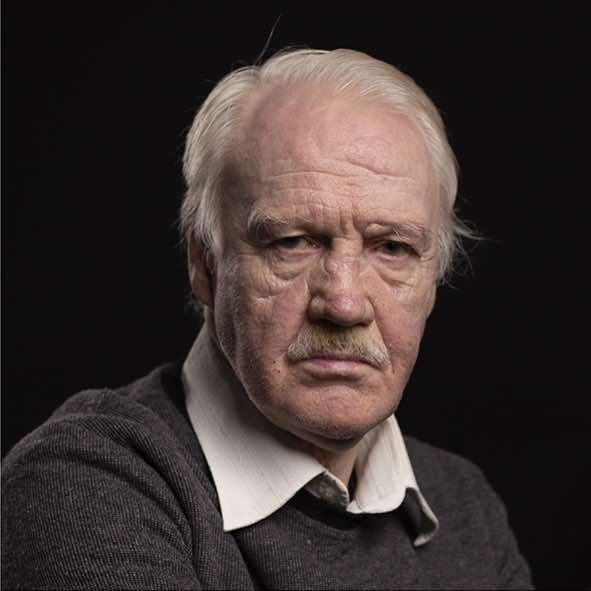
I started losing my sight in 2007. All my life I worked as a driver, I could see well, but in 2014 I got 5 diopter glasses. I was renting a room at that time, and one day, a fire broke out in my neighbours’ appartment. I woke up in intensive care with no ID, and I ended up in a homeless shelter. There, an ophthalmologist looked at my eyes and told me I had cataracts. But people at the shelter helped me restore my ID, so Charity Hospital’s doctors sent me to a state clinic for an operation. One of my eyes works now. They told me that my sight wouldn’t be as good as when I was young, but I read books and see everything clearly now that’s the most important thing. Thank you, doctors!
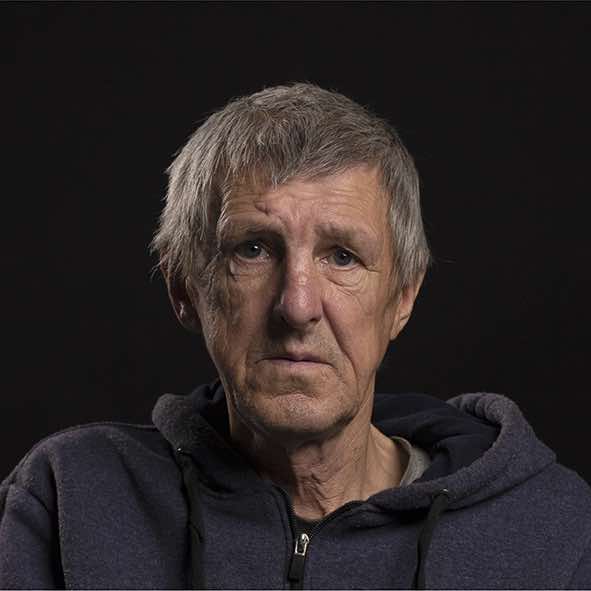
My eyesight started dropping around 2002. I didn’t have a passport back then, and without one, no one is going to treat you. Back when I was young, I was an international master of sports, I ran in races for my factory, “Skorohod”, worked as a coach. But in the 90s… People would hire athletes as guards and such. And I was set up. I was sent to prison, I spent a year in Novgorod Central. When I got out, I realised that I had lost everything: my wife, my appartment. I still had a brother and a sister in Leningrad (Translator's Note: Leningrad is what they called Saint Petersubrg in the USSR), but they told me to get lost. When I describe myself, I say that I’m a civilised hobo – I even have a note from a doctor! However, I’ve never lived on the streets. I always stayed at my friends’ places, and now I’m renting a room.
Last year, when I went to the Mobile Clinic, I couldn’t see anything. A doctor examined me, and they found cataracts. A week later I made my way to the “Vision” clinic on Sportivnaiya st., where I met Yulia Vladimirovna Maistruk. After the operation, they put a bandage over my eye, and they told me that I could take it off when I got back home. I left the clinic, rode the subway to my station and took the bandage off. That was something else! My sight was great! Then they took care of the second eye, but my retina is peeling off, so that eye doesn’t see so good. But at least I can read books now, I couldn’t do that before!
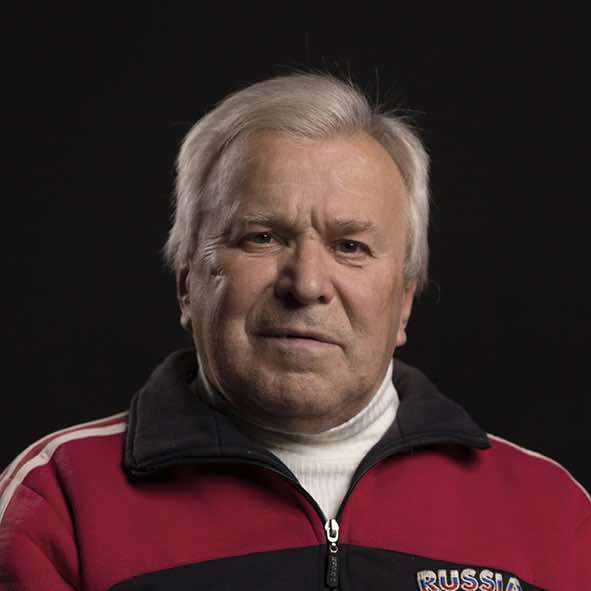
For two years my right eye has been blind, and my left eye could barely see anything. It’s like there was a veil over it. My curator in the “Vision” was Yulia Vladimirovna Maistruk – she’s a doctor, and a wonderful woman! After they operated on my left eye, I came back home, and I looked at the calendar, and I could see it! And then I looked at the clock, and I could see it too! I thought to myself: by God, was I born again?! And when they fixed my other eye, life became really good. Thank you so much for this! I’m truly lucky that I came to this clinic, and I thank all my doctors! May you live long and flourish!
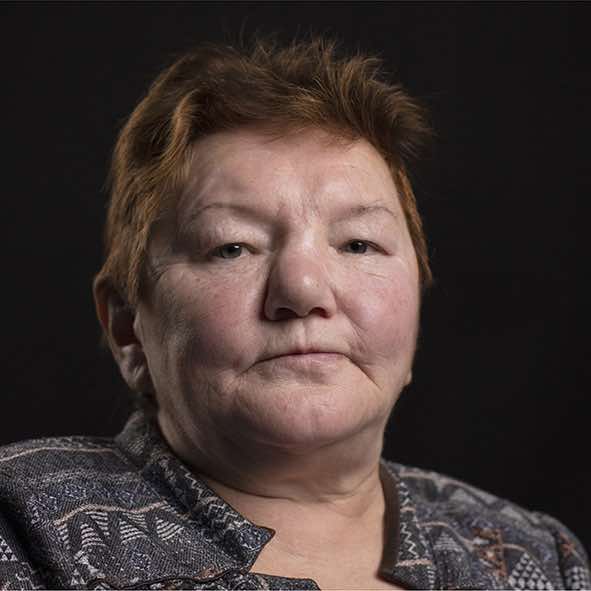
For a year and a half I couldn’t see anything, people had to take my hand and guide me to bathrooms. But I didn’t falter, and I did not panic. I spent 19 years in the military, where I was a warrant officer, so I’m not that easy to break. Still, people told me that I was doomed to be blind for the rest of my life. But then a doctor came to the shelter where I was staying. She took me to a hospital, where they fixed one of my eyes. My vision came back that same day! When I took off the bandage, I even started crying. My other eye got an operation about a month later. I couldn’t even expect that my sight would be this good!
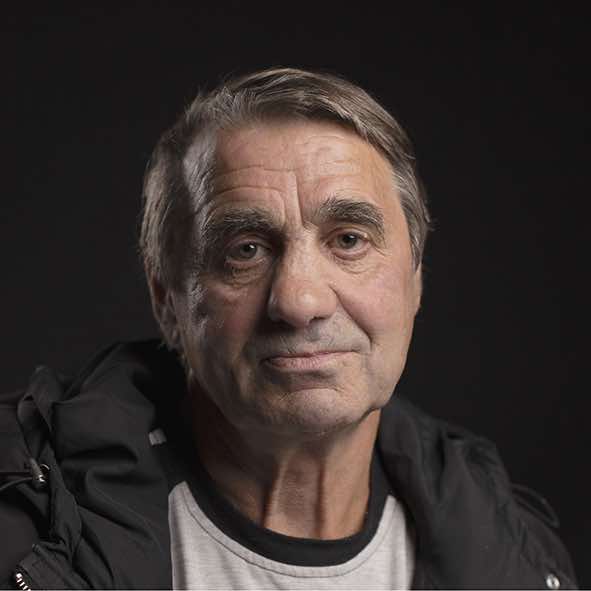
When I lost my eyesight, and I was left wondering in the dark, I turned to the heavens. I said to God: “If you give me at least one of my eyes back, I swear, I will never drink again”. And Anna Matveeva, a Charity Hospital’s medic, became my guardian angel. She arranged operations for me. The first one took only 40 minutes. Then they put a bandage over my eye, but that night, the bandage came off, and I saw a bright light. In under 12 hours, objects started looking sharper, and I thought that everything started looking brighter and more colorful. When you see light after being in complete darkness, it’s an absolute joy.
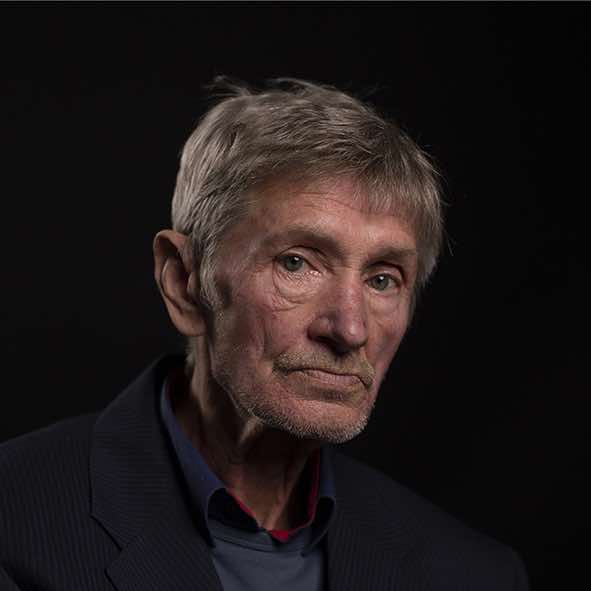
And Charity Hospital has helped 7 homeless people regain vision since 2021.
When we look at homeless people with poor eyesight, the main problem we see is that patients without identification can only get emergency medical services. But cataracts don’t fall in that category, even though they cause loss of sight. If a person doesn’t have cataracts and they only need glasses to see, you can only get a prescription if you have an ID, and if you can get an appointment with an ophthalmologist in a state clinic. And then you have to actually buy the glasses… So if a person has no ID and no money, and if their eyesight starts dropping, they can’t get neither a prescription for glasses, nor glasses themselves, nor an operation. And to restore documents and find a job, you need to see. So it’s a vicious cycle.
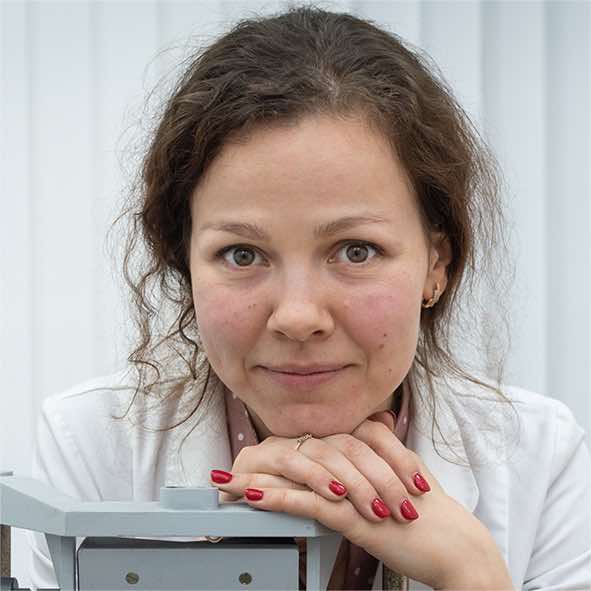
We all look for ways to increase specialty care access for the most vulnerable folks on the streets. In Boston, as in Pittsburgh, we haven’t yet had any ophthalmology directly on the streets but we have had lots of discussions with the eye service at Massachusetts Eye and Ear Infirmary (MEEI is part of Mass General Hospital where we have a regular on-site street clinic). For many years we have had students and attendings from the New England Optometry School conduct a weekly clinic inside our main “fixed” site clinic adjacent to Boston Medical Center (Boston’s former charity hospital). They outfitted one of our larger exam rooms with lots of key equipment and they do routine eye exams and give out prescription eyeglasses. Perhaps the most helpful assistance to date from our ophthalmology colleagues at MEEI has been the availability of same day appointments in the various sub-specialty clinics (e.g. glaucoma). This allows us to bring a patient directly to the specialists on the same day we see them on the streets or in one of our hospital-based clinics.
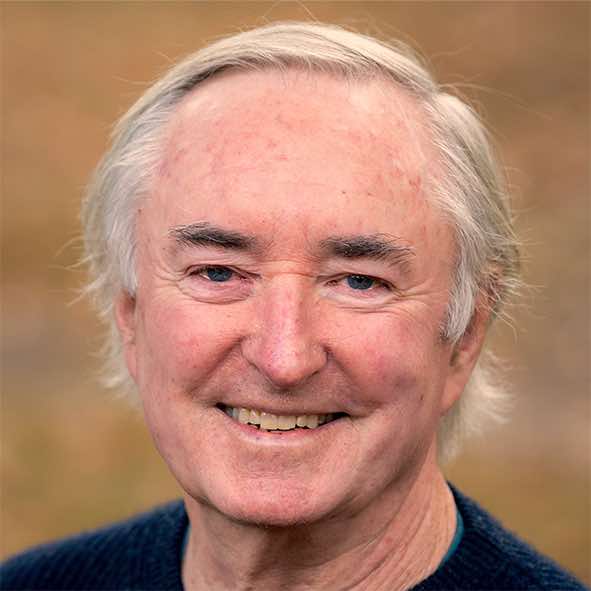
First of all, we are SO impressed and grateful and inspired by all of the work you are doing in Russia and beyond through your students. It is our honor to know you. You are family. I have admired the work in St Petersburg since I visited some years ago.
Ophthalmology on the streets is unusual (like many specialities). We have never had an ophthalmologist regularly on the streets in Pittsburgh. For the most part we have made relationships with specialty groups and then asked for expedited visits in emergencies. If there is a school of ophthalmology you could invite them to join you to augment their teaching program.
One of the most valuable things regarding eye care for homeless people that comes to mind from my experience is to have at least one ophthalmologist friend who can quickly see your patients for things like detached retinas, glaucoma, and other emergencies.
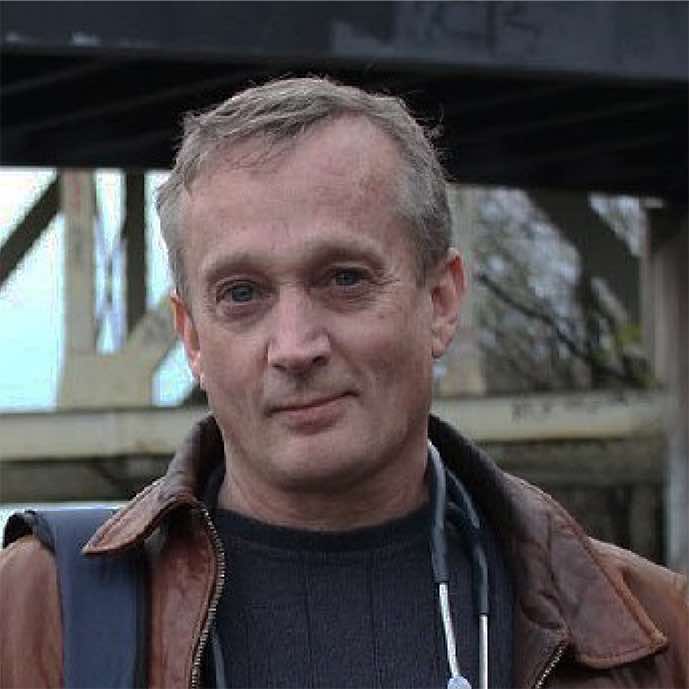
We also struggle with eye care for our patients, which mostly go unattended. As you know, it's very difficult for them to access brick-and-mortar facilities and even if they could, the wait time is about 4 months, which is far longer than their planning horizon, a term we use for how far in the future they can remember to do something (or for us to remember then find them). Worse, people experiencing homelessness have high rates of diabetes which can cause blindness. While we can treat their diabetes, we can't restore vision. As their eyesight fails, they're less able to protect themselves from the violence of the streets. They also have a harder time navigating an ever changing and unpredictable environment, much different than if we had to navigate our homes. Lastly, insurance coverage for glasses is difficult to use because many of the optometrists don't take public insurance. Those who do also have incredibly long wait times!
I would note there have been some major advances in technology to assess on the street which we're exploring with our eye doctors. They are willing to come and do assessments a few days a month. We are looking for funding for the equipment at the moment.
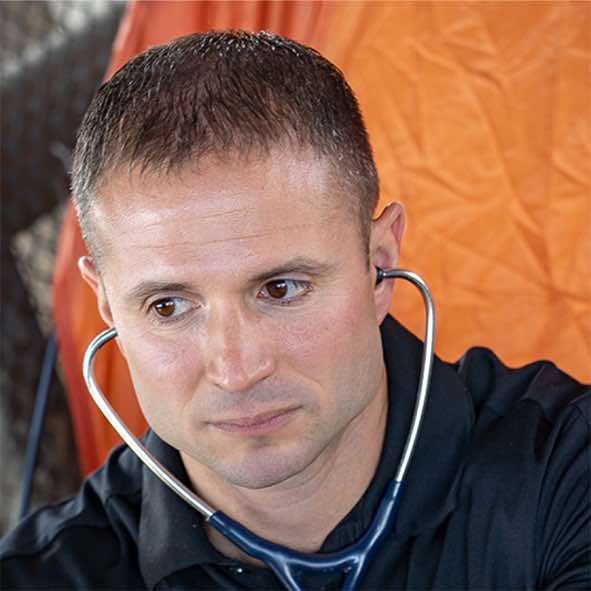
Ever since our clinic was founded, the social aspect of our work – helping people and the world around us – has been immensely important to us. We think of the ecology, we confidently speak with patients and their companions, we initiate charity projects, and we participate in them.
For example, we help people, who don’t have IDs and who don’t have access to free medical services. We take on all tough cases, because we can and because we genuinely want to help people. When a person regains their vision after our treatment, they share their joy with us, and that’s what’s most important for everyone at our clinic.
There are those who can’t afford glasses. Some people bring their glasses to us, and we pass them on to Charity Hospital. Anyone can donate glasses that are just sitting around, collecting dust. We will check their diopters, repair them, clean them and give them to people, who need them.
If you want to help, it’s only natural. But it’s important to act on this desire.
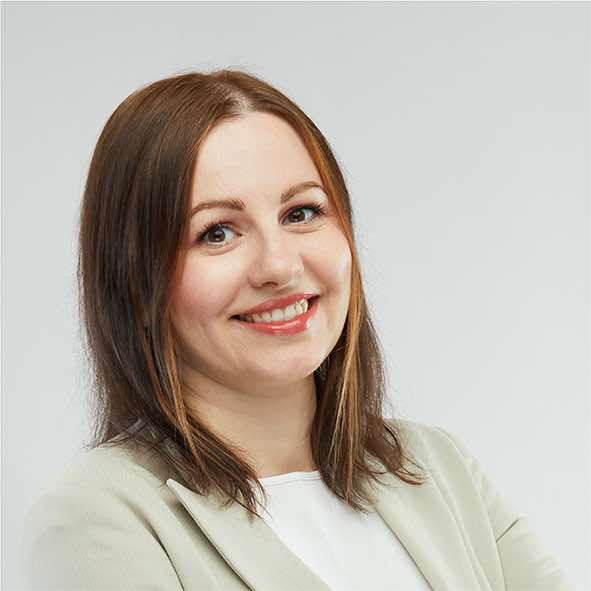
Our team honestly believes, that business shouldn’t be all about commerce. If we have the resources to help people, we try to do so. People bring glasses they don’t need to us, and we fix and clean these glasses, and we send them to Charity Hospital. Then these glasses can go to people, who can’t afford them. Charity Hospital sends some of its patients to us for an eye exam, or they send in orders for unique glasses. If a patient has an unusual interpupillary distance or high astigmatism, regular glasses just won’t help them.
I really wish that less business across Russia would stop blindly chasing profits, and instead do more good for the people around them. This will make the world a better place for everyone, and no one knows, what the future might hold in store for us. Having a way to help people is cool.
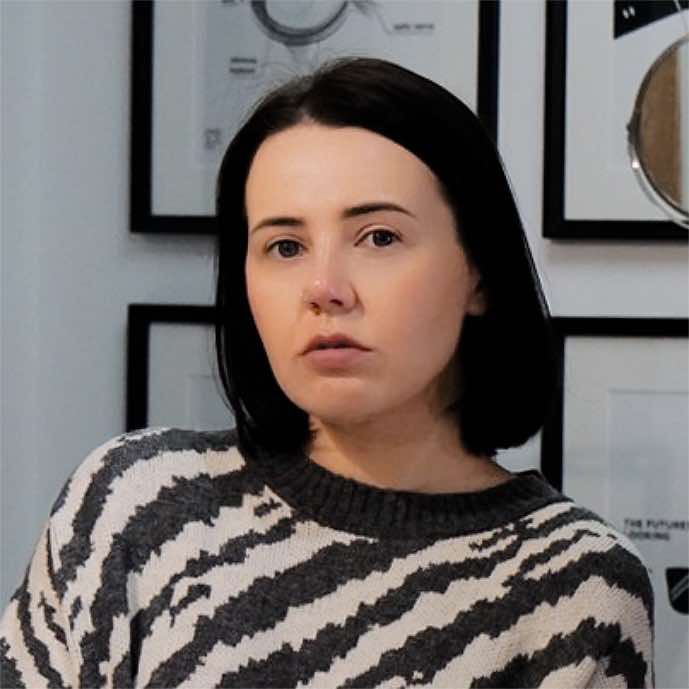
Non-profit organisation Charity Hospital provides medical help and social assistance for homeless people on Saint Petersburg streets and in the shelters. We come to aid people living in abandoned lots and under bridges. We consult homeless on health issues, treat their wounds and give out medical supplies and glasses. We vaccinate them and test for infectious diseases, calling for an ambulance when needed.

